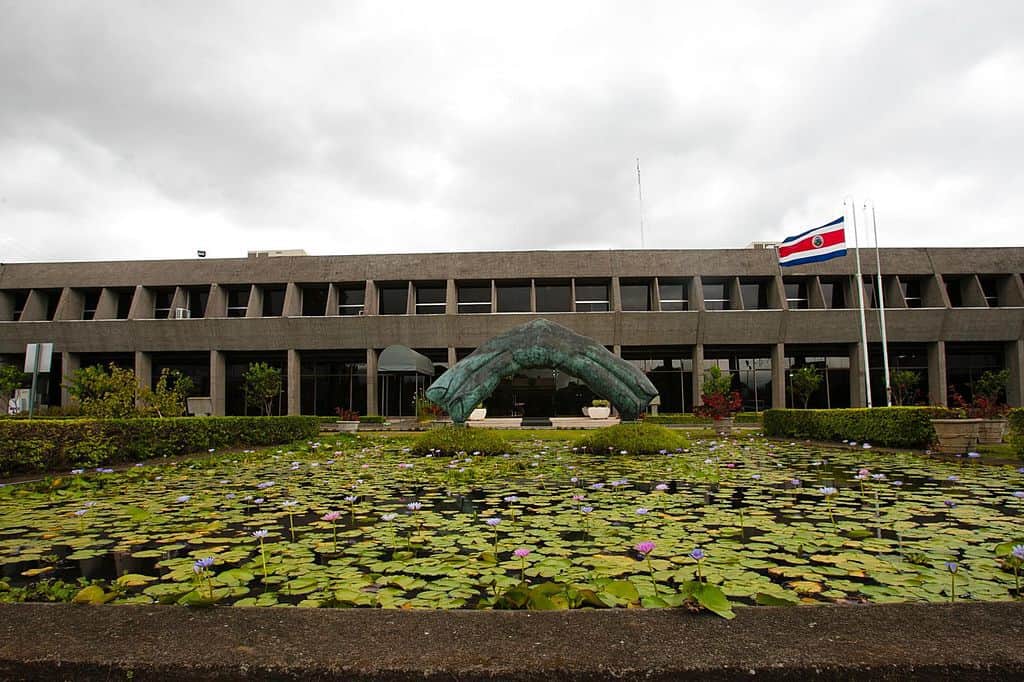Costa Rica was invited Friday to join the Organization for Economic Cooperation and Development (OECD), an international forum to coordinate economic and social policies.
“OECD Secretary General Angel Gurría gave me great news: Costa Rica has been invited to be member 38” of the cooperation agency, Costa Rican President Carlos Alvarado posted on Twitter.
Costa Rica becomes the fourth Latin American country to join the block, along with Chile, Mexico and Colombia, which was admitted two weeks ago.
“We are very pleased to welcome Costa Rica to the OECD family at a time when multilateralism is more important than ever,” said Gurría, quoted in a statement from the agency.
Costa Rica’s access is the result of a five-year process of negotiations and adoption of legislative reforms that allowed the approval of the 22 OECD committees contemplated in the accession roadmap, the Presidency said in a statement.
“Today we celebrate that we can demonstrate to the world that our country is committed to the highest and most demanding international standards, that we can work together to transform our country,” Alvarado said, quoted in the statement.
Founded in 1961, the OECD is dedicated to promoting policies for economic and social welfare. Its member countries move 60% of world trade and represent 80% of global GDP.
As a member, Costa Rica will be able to participate in the more than 300 OECD committees and working groups to decide and influence the development of innovative solutions for common challenges, such as the coronavirus pandemic, the Presidency noted.
Starting with the invitation, Alvarado and Gurría, a Mexican national, will have to sign in the coming weeks the Agreement of Accession of Costa Rica to the OECD Convention, which must be ratified by the Legislature, for Costa Rica to officially join the agency.
Costa Rica’s economy is far smaller than many OECD nations and still relies on larger partners, like the United States, for security and development assistance. But the country’s long record of universal education and socialized healthcare has put it on par with many OECD nations in terms of social indicators.
Casa Presidencial said that OECD membership would help improve public policies here as well as further sustainable development goals and grant Costa Rica a place at the table during global negotiations about climate change and financial transparency.






